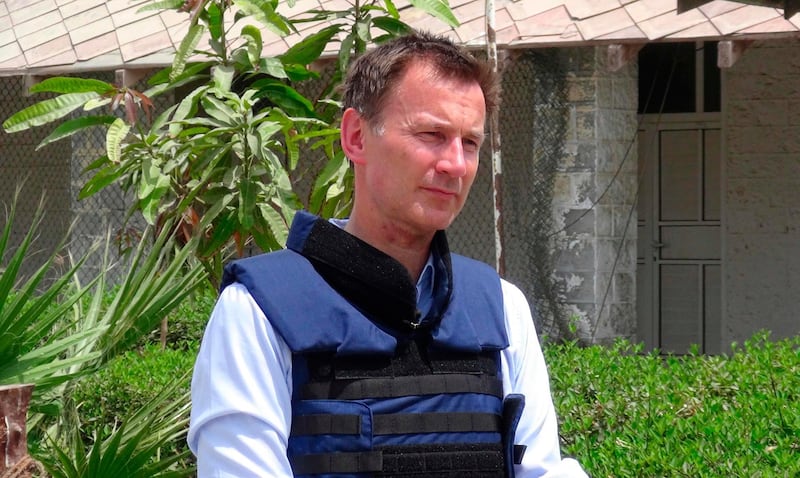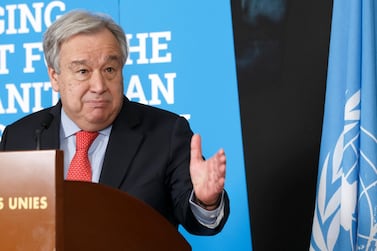British foreign minister Jeremy Hunt has called for the Houthis to leave Hodeidah or risk the fragile peace deal falling apart.
Just completed Yemen visit. My thoughts, from the port of Aden, on why the situation could spiral back quickly to full scale war and what needs to happen to stop that pic.twitter.com/pzTPJdNBA8
— Jeremy Hunt (@Jeremy_Hunt) March 3, 2019
Speaking to the BBC, Mr Hunt said trust was crucial in the Stockholm agreement signed in December so the Houthi rebels should leave the port city in the hands on independent troops.
“They agreed that they would leave, but what they are saying, and I think the cause of the deadlock, is we agreed to leave because we wanted Hodeidah to be under neutral control … they are worried that if they leave Hodeidah, the other side will just move in,” he said.
The coalition and the Houthis remain at an impasse.
“We keep being on the brink of a breakthrough but not quite getting there and the worry is it’s now over 80 days since this agreement and the longer it takes, the more confidence is dented that we will see our way through to this peace process,” he said.
Mr Hunt said that the bombs may have stopped, but the humanitarian crisis has continued. As food aid continues to build up in storage in Houthi-controlled Hodeidah, millions are in danger of starvation.
Mr Hunt returned to the UK on Monday after a three-day visit to the region, in which he met Yemeni Foreign Minister Khaled Al Yamani in Yemen's port city of Aden and Houthi officials including Mohammed Abdel Salem in Oman. He finished his trip in the UAE.
The war in Yemen has lasted four years since Houthi rebels, allied with troops loyal to former President Ali Abdullah Saleh, captured much of the country.






